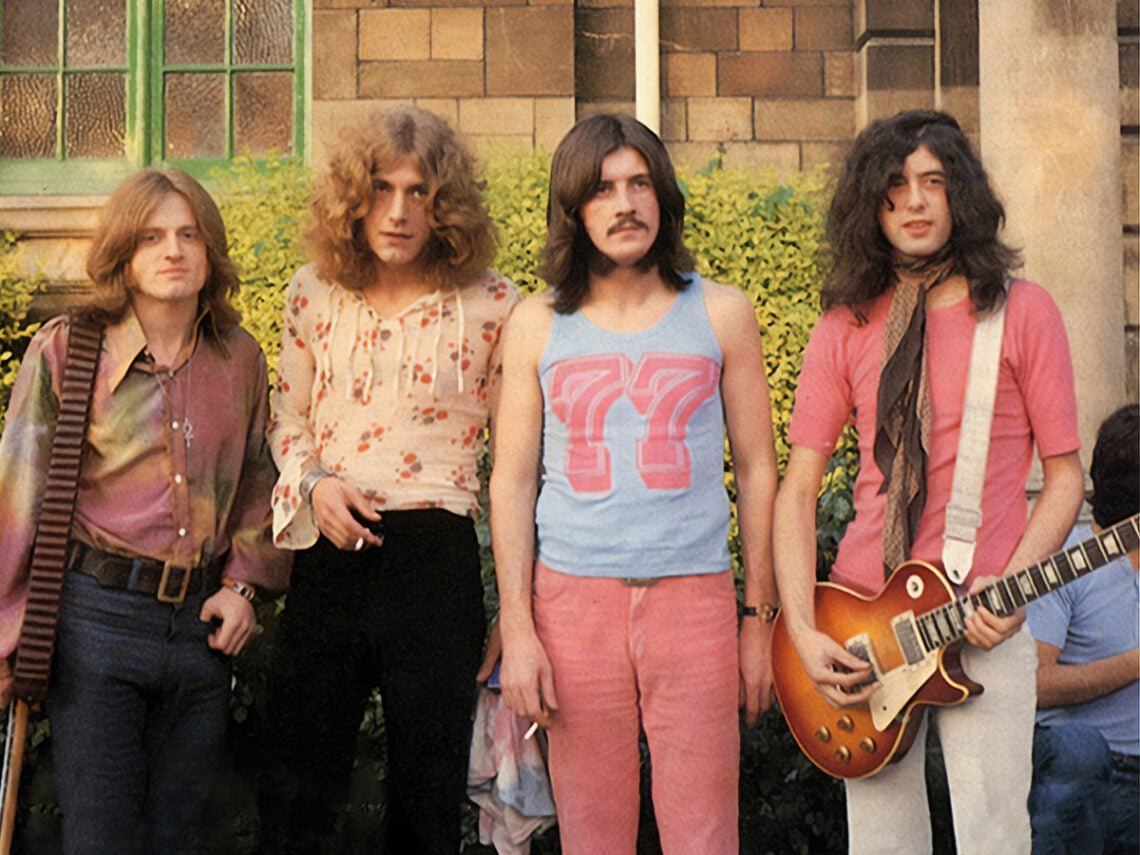
It can feel like a small miracle for any band once a record is done. People can spend that time slaving away and trying to find the perfect guitar sound or making the vocals sound pristine, but if the songs aren’t there, you’re better off honing the tracks down live until you find out what you really want to hear out of your guitars. And while Jimmy Page could claim to be a songwriting genius in many regards, not everything came naturally to him when he was working with Led Zeppelin.
Granted, if he had gone through any trouble, he made everything look seamless whenever they got on stage. Despite him looking back with disdain at Zeppelin’s reunion performance at Live Aid, their ability to fly through some of their greatest hits with Phil Collins behind the drums is better than most bands can be on their best day. But like all perfectionists, just shy of greatness would never be enough for Page.He often knew what a record sounded like in his head before he committed it to tape, and even when they experimented, it was all carefully calculated to fit everything. The echo on Robert Plant’s voice on ‘Whole Lotta Love’ was claimed to be an accident, but the version you hear on the record can only come from someone who meticulously looked through the tapes to find something that truly sounded like a ghost.
But getting that sound revolved around everyone being there, and there was no point in them even trying to continue after John Bonham passed away. He was the band’s beating heart in many respects, and even if they had tried to carry on without him, there was no feasible way for anyone to fill his shoes. Even if they were up to the challenge, it all depends on feel, and that’s something that can’t be studied.So when the call came from the record label to make another label, it must have been like picking at old wounds. It’s bad enough having to listen to the remaining tracks that Bonzo laid down, but since they had little to work with, it’s hard to picture Coda as anything more than a sad postscript of what the band could have been.
And despite all those good memories, Page never felt like he could separate his feelings on Coda from his work on it, saying, “Well, it wasn’t for the taxman, but it was a contractual album. It was a difficult album. People say, ‘What was the most difficult album?’ and that was it. It was a posthumous album – you’re going to be using studio outtakes, because we didn’t have anything else in the can. It wasn’t like we had an album in the can to go, of course we didn’t, far from it.”
It’s one thing for Page not to be that impressed with the final album, but what makes it more disheartening is knowing what was to come. This was the band going through yet another metamorphosis, and since they were inching towards something on In Through the Out Door, this served as a look at the past and a peek into the future that would never actually come to pass.
So while Zeppelin’s album chronology ends at Coda, it serves more as a fond farewell than a proper album. The money machine needed to be fed, and anything with the band’s name on it would have sold, but anyone exploring the band’s classics is better off coming to this album last of all.







